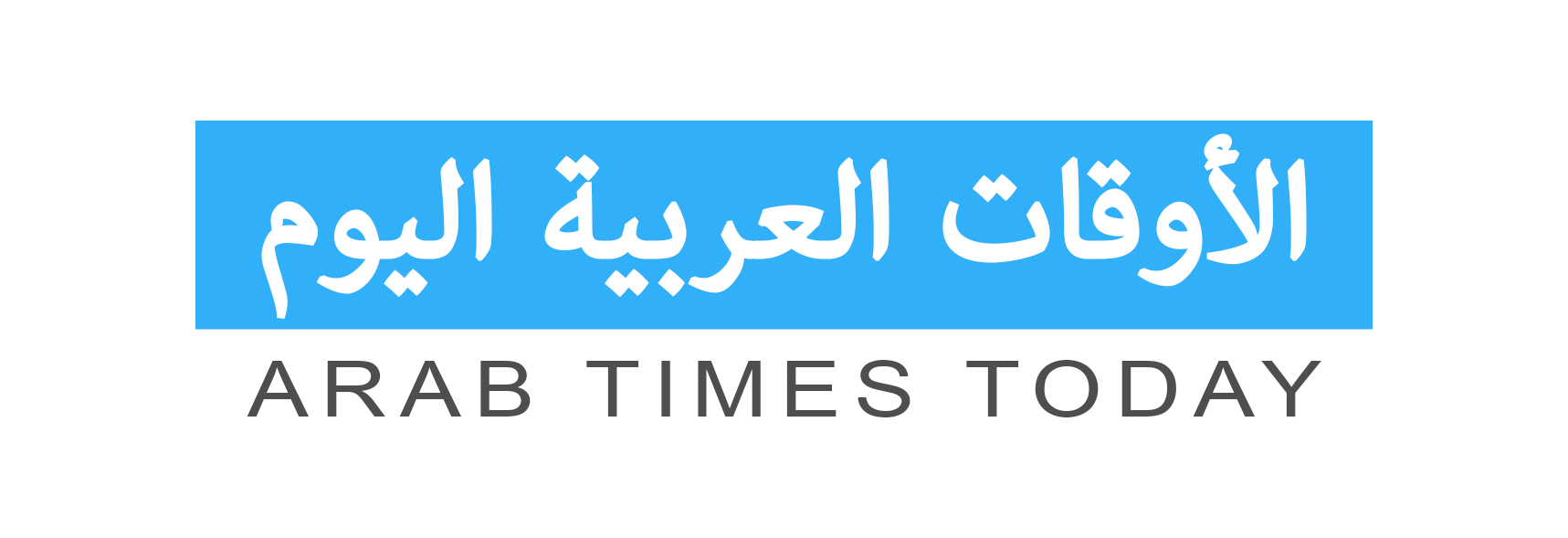Egypt, Saudi Arabia and Iran produce half of the world’s dates.
As the sun goes down during the Muslim holy month of Ramadan, many Muslims will reach for a date, a sweet brown fruit, to break their fasts.
During these 29 or 30 days, able-bodied, observant Muslims abstain from eating, drinking, smoking and sexual relations during daylight hours to achieve greater “taqwa”, or consciousness of God.
Breaking one’s fast with dates and water is rooted in the religious teachings of the Prophet Muhammad and has a specific mention in the Quran for its nutritional value.
Dates, fresh or dried, contain important vitamins, minerals and fibre. They are also high in antioxidants, which protect the body from several diseases.
Given their high level of fructose, a natural sugar found in fruit, dates are a great source of energy, especially after a long day’s fast.
There are many different varieties of dates, each with different tastes and textures.
Medjool: Known for their large size, sweet taste, amber colour, and richness in flavour.
Mabroom: Known for their elongated shape, reddish-brown hue and chewiness, and are less sweet than other kinds of dates.
Ajwa: Among the dates most revered by Muslims around the world as they are grown in Medina, they have a soft, fleshy, almost juicy feel and are very sweet tasting.
Deglet Noor: Medium-sized, lighter in colour, and ideal for cooking and baking.

